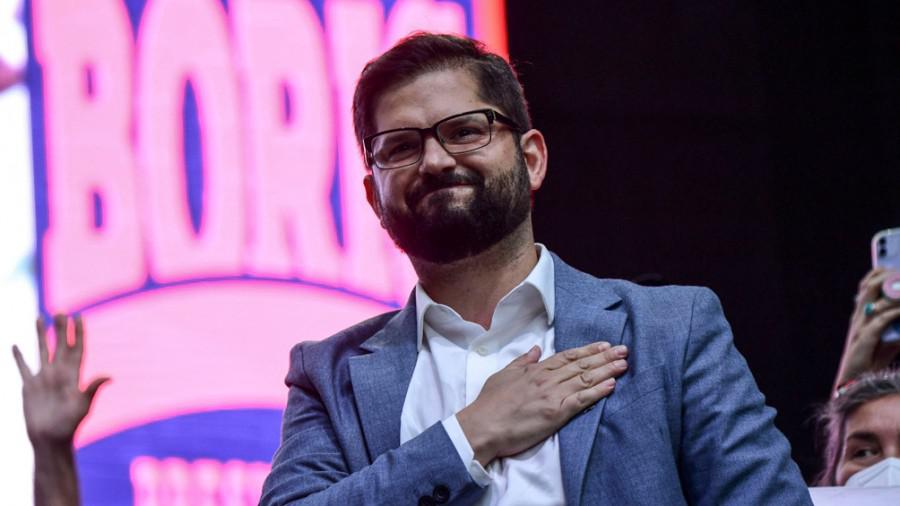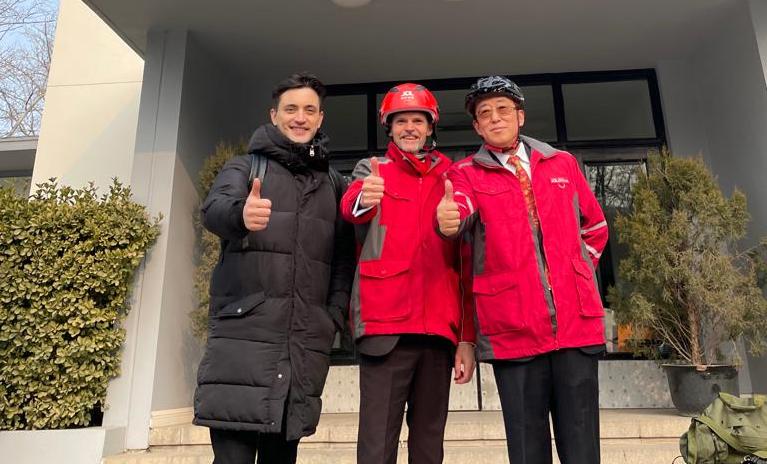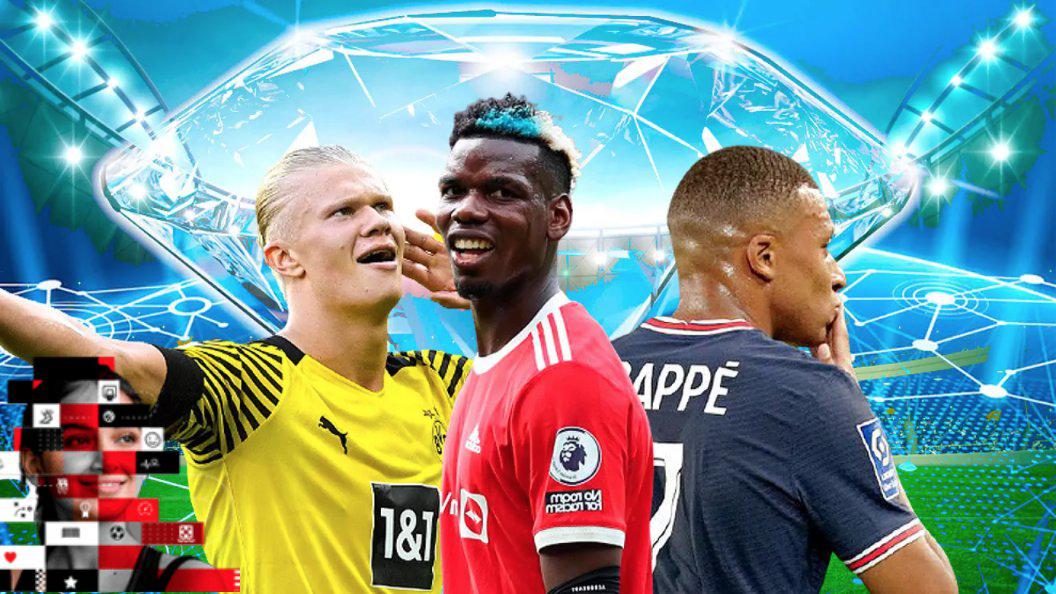Boric, Chile and a new hope for Latin America
The electoral triumph in Chile of the young candidate for the Social Convergence party, Gabriel Boric, is, among other things, a historic vindication of that democratic government that was overthrown on September 11, 1973 in a bloody coup that established a military dictatorship with the backing of the United States government (with gems like Nixon, Kissinger and the CIA at the helm). And it is that this coup ended with a very interesting alternative that proposed to establish socialism in an electoral way against the most conservative sectors, but also against those who saw the armed struggle as the only alternative to achieve real changes in a place (and the coup there and the theft of the elections here in 1970, at least for some time, seemed to prove them right). (We recommend: Why will the Pacific Alliance be a priority in the government of Gabriel Boric?).
It is not necessary, of course, to tell me that these are different times and contexts, since a lot of water has passed under the bridge since Salvador Allende was assassinated by Pinochet. But, for that very reason, although we are no longer living in the "cold war", it is clear that the climate of polarization fueled by demagogic and populist politicians and, of course, the social networks that cram disinformation into anyone who wants to corroborate its biases and prejudices, has generated that characters of the mood of Trump or Bolsonaro, with clear anti-democratic tendencies, deniers of global warming (or the pandemic), support of religious leaders who do not believe in science and the support of blind fanatics of neoliberalism, etc., reach the presidency of their countries (or, like Kast, have come close to achieving it). (More: The problems of Chile receiving Boric).
In these contexts, Boric does not come out of nowhere, but is the result of the different social movements that were part of the popular uprising that managed to put an end to the Constitution drawn up by the military dictatorship, which understands that the Chilean economic and social model, so promoted by some, it was exhausted, understanding it necessary to fight for a society of rights in which individual and collective freedoms, as well as the search for decent living conditions for the population, are an urgent need.
It is also part of the youth movements that gave it, from the left (or, rather, the left, because it is not the only one), visibility to new and interesting leaderships that undertook different struggles that were accompanied by songs, works of art and protests with a lot of symbolic weight to try to make new dreams come true that, in the long run, are the same as always. Rather, the young Boric and the movements that accompany him are part of an important sector of society that understands the need to fight for social rights and public and civil liberties that, in other places, are given in advance and neither are not even discussed, but that in this sector of the world they are seen as "dangerous".
Obviously, it will not be easy for them, since there are many power factors that will be against them: some businessmen, certain ultra-conservative Christian churches, the ineffable mass media of information and communication that belong to businessmen with interests in other economic sectors, the “markets ” that, so manipulated, they are “scared” when someone who questions the traditional establishment wins; those who are nostalgic for the dictatorship, which, incredibly, are not lacking and, of course, some people who view one of the leaders of protests that were not entirely peaceful with mistrust. It is that you cannot ignore the capacity for influence that the most reactionary sectors have, either due to purely private interests or their firm political conviction based on the bogeyman that they always use to spread terror, as if they were in the "witch hunt" of the fifties: the fear of communism (and of expropriations, and of “homosexualizing” society, and of “giving the fish”, and of “everyone becoming drug addicts”, etc.).
And although the context is different (I already said it), it is enough to see what is happening in Peru with the mandate of Pedro Castillo (a leader with a very different background and training than Boric's), to observe that these governments that They call themselves “left” and have many difficulties in achieving governability (and let those who worked with Allende say so). On the other hand, the difficulties involved in governing cannot be ignored, especially when so many expectations are generated (which can cause quite a few disappointments).
Boric, it seems, is not going to be an institutionalized left, let's say "formal", like the one represented by Michelle Bachelet, but a younger and more combative one that will implement a change of model, which proposes greater state participation in the economy, health universal public education, reform of the pension system, and creation of a public educational system and social inclusion. Of course, he has said that he is going to listen to all sectors of the country and that he will promote the changes in a peaceful way (we'll see what happens).

But the most important thing is that this young man from Punta Arenas represents a real hope for Latin America, not only to make a reality —in the face of the resounding failure of neoliberal economic policies (and they see Colombia)— the existence of a social State that gives decent life alternatives to people, in addition, with progressive views on issues such as equal marriage, abortion, the free development of personality, public and free quality education, guaranteed public health, food autonomy and drug use, among other issues that mark the ways of seeing and understanding the world, which is not just anything.
And it is also a hope because, given the resounding failure of Chavism in Venezuela and the dictatorship of the satrap Ortega in Nicaragua (who betrayed and continues to persecute all his old-guard comrades), who have given so many reasons to the most reactionary sectors to justify his rejection of any advanced position (if they even said that Biden, a conspicuous representative of the gringo establishment, was "communist" and there is still someone who continues to say so), the electoral victory of a government of that profile represents, forgive the redundancy , a new illusion for the left to successfully generate political changes from the highest instances of power (not only from the cultural, as it has always done).
Of course, many will be on top of Boric's government expecting a resounding failure, because the situation arises that when a right-wing government fails (say, Bolsonaro in Brazil, Macri in Argentina or Duque in Colombia -what a disaster-, each one with very different characteristics) it is said that the failure lies with the government, not with the model, but when a leftist government fails (and it is more difficult to be from the left than from the right), it is said that the entire left fails.
Overall, I am happy with this victory, not only because it raises the hope that many positive changes are possible under a supportive, inclusive, modern (or post-modern), renewing and, if you will, more humane gaze, but because the nostalgic for the Pinochet dictatorship, the one that murdered more than 3,000 people, disappeared 1,000 and left around 40,000 victims in general (and looking at these figures, some pale in comparison to those of the Colombian “democracy”). It is that in these elections there was no doubt about what had to be supported, because, absurd as it may seem, we have already seen that in other places Trump and Bolsonaro won, and in Colombia many voted against a peace agreement (!).
By the way, I do not believe that Boric's victory in Chile (or a possible return of Lula in Brazil) means that the left, for the first time, wins the Presidency in Colombia, but it does mean that, as opposed to an extreme right that is less and less embarrassing, new airs of advanced political change are coming, hopefully with good results.
And this is worth greeting, not only for today's Chileans, but for those who in past times believed a change was possible. For this reason, this triumph is for Allende, Violeta Parra, Neruda, Nicanor Parra, Augusto Olivares, Jorge Peña, Los Prisioneros, Víctor Jara, Rolando Alarcón, Inti-Illimani, Quilapayún, Mon Laferte, Ana Tijoux and for many, many more than I don't know, but they have been there (here and there), even falling due to the persecution of their enemies and the fight for their ideals, with the firm conviction that it will always be worth believing in a better, supportive, inclusive world, fair and, as I told you, more humane will be possible. And so be it.
* Petrit Baquero is a historian and political scientist. He is the author of the books El ABC de la Mafia. Radiography of the Medellín Cartel (Planeta, 2012), The New Green War (Planeta, 2017), Manual of Human Rights and Peace (CINEP/PPP, 2014) and Historical Memory of the FONCEP (Mayor's Office of Bogotá, 2019).







